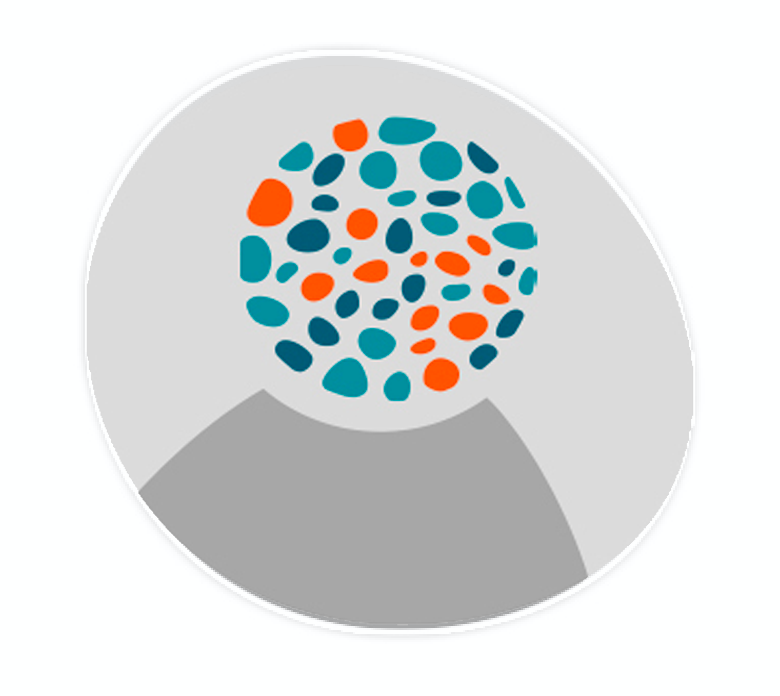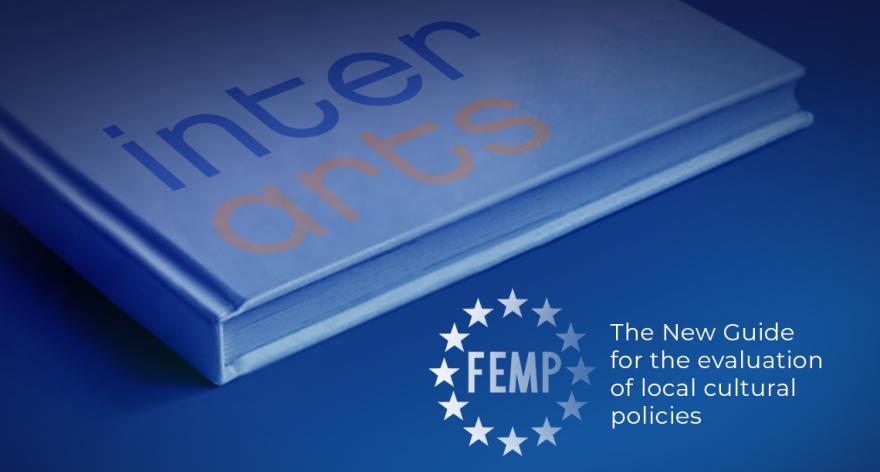Projects
2020-2022. Preventing Hate Against Refugees and Migrants. Financing Entity: European Commision. Call REC-RRAC-RACI-AG-2019. Ref: JUST/REC-875219. 362,131.85 euros. PI: Dr. Carlos Arcila
2019-2020. Development and Evaluation of a hate speech detector online in Spanish. Financing Entity: Fundación General de la Universidad de Salamanca. Plan TCUE 2018-2020. Referencia: PC-TCUE18- 20_016. Cuantía del proyecto: 7.000 euros. PI: Dr. Carlos Arcila Calderón. www.ocausal.es/proyecto-stop-hate/
2019-2023. Enhanced migration measures from a multidimensional perspective. Financing Entity: Comisión Europea. Horizon 2020 Framework Programme. Call H2020-SC6-MIGRATION-2019. Referencia: H2020-SC6-870661. 2,992,035.00 euros. PI: Prof. Dr. Ides Nicaise (KU Leuven)
2016-2020. Narrative tools to reduce prejudice. Effects of similarity, imagined contact, empathy and narrative voice. Financing Entity: Spanish Ministry of Science, Innovation and Universities. 49,126 euros. PI: Dr. Juan José Igartua Perosanz.
2018-2020. Narrative tools for smoking prevention in adults. Effects of similarity with the audience and narrative voice. Financing Entity: Consejería de Educación, Junta de Castilla y León, Spain. 12,000 euros. PI: Dr. Juan José Igartua Perosanz.
2019-2020. Data Science in Spain: knowledge and public perception of big data and artificial intelligence. Financing Entity: Spanish Foundation for Science and Technology (FECYT) in the Call for grants for the promotion of scientific, technological and innovation culture 2019-2020. 25,000 euros. PI: Dr. D. Carlos Arcila Calderón. www.ocausal.es/datasciencespain/
Patents
AutoCop: Software to run supervised sentiment analysis at large scale and with streaming analytics. Intellectual property registered in 2017 by the University of Salamanca [# 00/2017/3204] under the next authorship: Carlos Arcila Calderón, Félix Ortega, Francisco Amores, Sofía Trullenque, Mateo Álvarez and Javier Ramírez.
Online courses of a methodological nature:
2017. Mediation, moderation and analysis of moderate mediation with bootstrapping techniques. Introduction to the handling of the PROCESS macro for SPSS. IP. 9 videos 3,551 views. YouTube: https://www.youtube.com/playlist?list=PL0l_USEzgyRseeeIRh7APuhw2C_l6PT4n
Publicaciones recientes (selección):
Igartua, J. J., Wojcieszak, M., & Kim, N. (2019). How the interplay of imagined contact and first-person narratives improves attitudes toward stigmatized immigrants. A conditional process model. European Journal of Social Psychology, 49(2), 385-397.
Igartua, J. J., & Fiuza, D. (2018). Persuading with narratives against gender violence. Effect of similarity with the protagonist on identification and risk-perception. Palabra Clave, 21(2), 499-523.
Rodríguez-de-Dios, I., van Oosten, J. M. F., e Igartua, J. J. (2018). A study of the relationship between parental mediation and adolescents’ digital skills, online risks and online opportunities. Computers in Human Behavior, 82, 186-198.
Arcila, C., Barranquero, A. & García, E. (2018). From Media to Buen Vivir: Latin American Approaches to Indigenous Communication. Communication Theory, 28(2), 180–201.
Caffarel-Serra, C, Ortega-Mohedano, F., & Gaitán-Moya, J.A. (2018) La investigación en comunicación en España: Debilidades, amenazas, fortaliezas y oportunidades. Comunicar, 26, 61-70.
Arcila, C., Ortega, F., Jiménez, J., & Trulleque, S. (2017). Supervised sentiment analysis of political messages in Spanish: real-time classification of tweets based on machine learning. El Profesional de la Información, 26(5), 973-982.
Igartua, J. J., & Frutos, F. J. (2017). Enhancing attitudes toward stigmatized groups with movies: mediating and moderating processes of narrative persuasion. International Journal of Communication, 11, 158–177.
Igartua, J. J., Wojcieszak, M., Cachón-Ramón, D., & Guerrero-Martín, I. (2017). “If it hooks you, share it on social networks”. Joint effects of character similarity and imagined contact on the intention to share a short narrative in favor of immigration. Revista Latina de Comunicación Social, 72, 1085-1106.
Igartua, J. J., & Vega, J. (2016). Identification with characters, elaboration, and counterarguing in entertainment-education interventions through audiovisual fiction. Journal of Health Communication, 21(3), 293-300.
Igartua, J. J., & Rodríguez-de-Dios, I. (2016). Motivational correlates of use and satisfaction with Facebook. Cuadernos Info, 38, 107-119.
Soto-Sanfiel, M. T., & Igartua, J. J. (2016). Cultural proximity and interactivity in the processes of narrative reception. International Journal of Arts and Technology, 9(2), 87-107.
Igartua, J. J., & Barrios, I. M. (2013). Hedonic and eudaimonic motives for watching feature films. Validation of the Spanish version of Oliver & Raney’s scale. Communications. The European Journal of Communication Research, 38(4), 411-431.
Resources:
The Observatory of Audiovisual Content (OCA) has its own physical space and technological equipment for the development of the research of its members and doctoral students.
As for the techniques and methodologies used in the work of the group and the usual management of the researchers, support of the following is provided:
• Experimental research in studies on processes and effects of media messages (Media Lab). Online experiments with QUALTRICS.
• Quantitative research, through questionnaire, on uses, processes and media effects.
• Content analysis of media messages.
• Computerized Content Analysis (CATA). LIWIC (Linguistic Inquiry and Word Count) program.
• Qualitative analysis of media messages (narrative and discourse analysis).
• Qualitative methodology (focus groups and open interviews in depth) for the analysis of media uses, processes and effects.
• Techniques for statistical analysis of univariate, bivariate and multivariate data. Programs SPSS (Statistical Package for the Social Sciences), R, JASP, MPlus and AMOS.
• Big Data Analysis, development and processing of computerized algorithms.
• Cross-sectional studies of traditional and booming media (Internet, Videogames, Social Networks, Apps ...).

